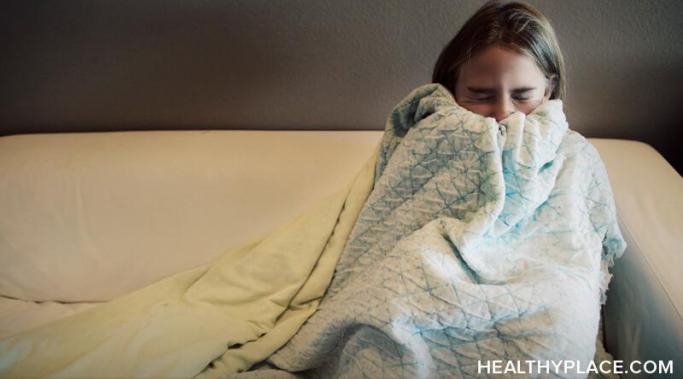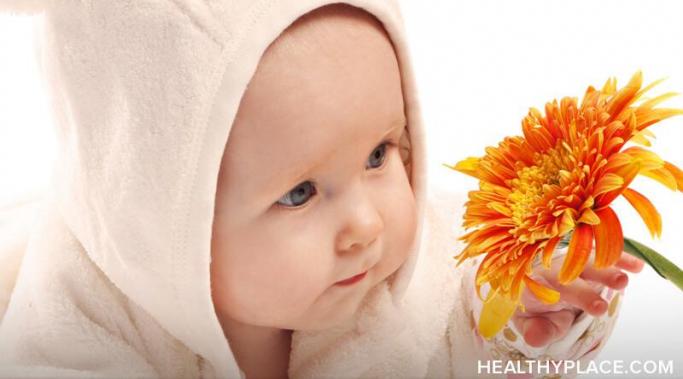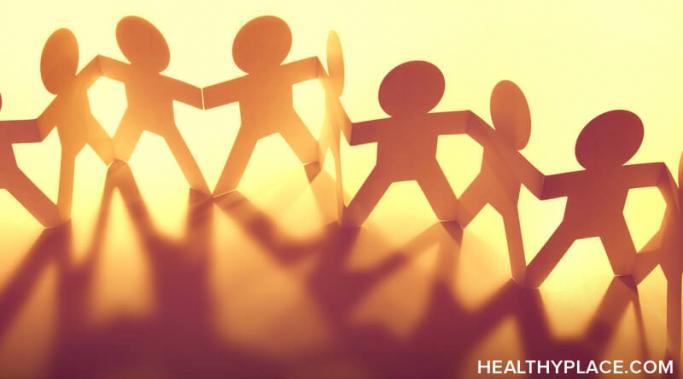Many people who experience periods also experience depression in the form of mood fluctuations that can range anywhere from frustrating to debilitating. If you're like me and you're in recovery from a mood disorder like depression, these monthly fluctuations can be a real source of fear and hopelessness.
Hormones and Mental Illness
A new baby impacts your mental health just as many life events can have a significant impact on mental health recovery, a fact which I've been reminded of recently. Just a few weeks ago, I had a beautiful baby boy, and though I've been lucky enough to avoid postpartum depression, I've still had to make several adjustments in order to prioritize my mental health. In this post, I want to share a few of my tips for maintaining good mental health even through all the chaos of bringing home a new baby.
It might seem pessimistic to plan on having postpartum depression, but if it's something you're nervous about, it's best to be prepared with a postpartum depression support plan.
Mental illness in pregnancy can be tricky to manage for several reasons, but the most frustrating thing for me has been that I can't tell what's causing my symptoms. Last weekend, I slept for 13 hours each night and took a two-hour nap each day. Usually, that would be a classic sign of my depression, and I definitely noticed that my mood was down over the weekend, but pregnancy has also made me absurdly tired. Plus, I'm pretty extroverted and I spent a lot of time alone over the weekend, so I may have just been sleeping out of boredom. How am I supposed to find out what's really going on with me when there are so many overlapping factors?
I sort of wanted to title this post, "Hormonal Changes Women Experience Throughout the Month Impact our Mental Illness"--AKA PMS. Now, I could not do this for a couple of reasons: That's a bit wordy and first and foremost I want men to read it too.




